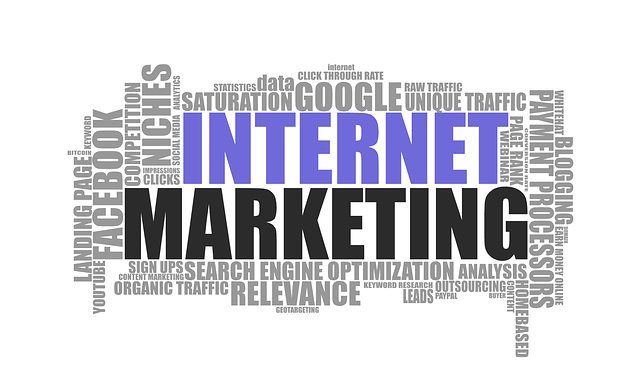Mobile home energy conservation is enhanced by AI tokenization risk analysis engines, which analyze data from smart meters and IoT sensors to uncover hidden usage patterns. These systems predict demand, schedule maintenance, and propose conservation measures through machine learning, reducing waste and improving grid resilience. Tokenization protects sensitive data, while risk analysis flags abnormal energy usage for immediate action, securing smart home systems and optimizing consumption within the mobile homes ecosystem.
In today’s digital era, optimizing energy usage in mobile homes has become a pressing matter. This article explores AI-driven energy analytics as a game-changer for mobile home owners and managers. We delve into understanding unique consumption patterns, where AI engines analyze vast data to uncover insights. Furthermore, we discuss the integration of tokenization and risk analysis techniques to ensure secure smart home data management. By leveraging these AI applications, homeowners can achieve significant energy efficiency improvements.
- Understanding Mobile Home Energy Consumption Patterns
- The Role of AI in Unlocking Energy Efficiency Insights
- Tokenization and Risk Analysis: Securing Smart Home Data
Understanding Mobile Home Energy Consumption Patterns

Understanding energy consumption patterns in mobile homes is a complex task, but it’s crucial for optimizing resource usage and reducing costs. AI-driven tokenization risk analysis engines offer a promising solution to this challenge. By analyzing various data points such as temperature settings, appliance usage, and occupancy schedules, these engines can identify patterns and anomalies that might not be immediately apparent to the naked eye.
This sophisticated technology enables efficient energy management by predicting peak demand periods and suggesting targeted interventions. Through advanced algorithms, it can help mobile home owners and managers make informed decisions about energy conservation, ensuring a comfortable living environment while minimizing environmental impact and utility expenses.
The Role of AI in Unlocking Energy Efficiency Insights

The integration of Artificial Intelligence (AI) in mobile homes’ energy usage analytics presents a transformative opportunity to optimize resource consumption and reduce environmental impact. AI tokenization risk analysis engines can sift through vast amounts of data generated by smart meters, IoT sensors, and user behavior patterns. By employing machine learning algorithms, these systems identify hidden trends and anomalies in energy usage, enabling homeowners and utility providers to make informed decisions.
Through advanced predictive modeling, AI can anticipate energy demands, help schedule maintenance, and suggest personalized conservation measures. This proactive approach not only minimizes energy waste but also contributes to a more sustainable and resilient power grid. By leveraging AI tokenization risk analysis engines, mobile homes can become smarter, more efficient, and better integrated into the broader energy ecosystem.
Tokenization and Risk Analysis: Securing Smart Home Data

AI-driven mobile homes energy usage analytics leverages advanced technologies like tokenization and risk analysis engines to enhance security and privacy. Tokenization replaces sensitive data with unique tokens, ensuring that even if there’s a breach, actual information remains secure. This process is crucial in mitigating risks associated with smart home data, where compromised access could lead to significant energy wastage or fraudulent activities.
Risk analysis plays a pivotal role by identifying potential vulnerabilities and patterns in energy usage data. AI algorithms can learn from historical data to predict abnormal behavior, flagging suspicious activities for immediate attention. This proactive approach not only secures the integrity of smart home systems but also optimizes energy consumption, contributing to a more efficient and resilient mobile homes ecosystem.
AI-driven energy analytics has the potential to revolutionize mobile home efficiency. By understanding consumption patterns through advanced algorithms, homeowners and providers can make informed decisions using AI tokenization risk analysis engines. This approach not only enhances energy conservation but also ensures data security through robust tokenization methods, addressing potential risks in smart home technology. Embracing these innovations is a step towards a more sustainable and secure future for mobile living.
